Russian strikes on farms in Syria could be war crimes: report
By DW
16 February 2022 |
8:00 am
Rights groups have said the suspected Russian bombing of chicken farms and water stations in Idlib, one of Syria's last rebel-held areas, is meant to push out displaced locals. It may have been a war crime.
In this article
Related
Related
1 day ago
Amnesty International is accusing Israel of a flagrant disregard for international law during its offensive in Gaza. The organisation's annual report says the situation is being compounded by the failures of Israel's allies to stop the indescribable civilian bloodshed being seen in the Palestinian enclave.
1 day ago
Taiwan's claim to be a regional bastion of human rights is undermined by its retention of capital punishment, activists say as they campaign to exonerate the island's oldest death row prisoner.
2 hours ago
The number of people suffering acute food insecurity rose in 2023 for the fifth year in a row, according to a UN-led report. Conflicts, extreme weather and economic shocks are worsening the food crisis many people face.
1 day ago
Antony Blinken arrived in China for his second visit in a year to discuss a range of issues amid rising tensions between the two countries.
1 day ago
Videos falsely claiming to show Israel invading or bombing the Gazan city of Rafah have gone viral on X this week. Also, what do we know about Israel's planned invasion of Rafah, based on satellite images? We tell you more in this edition of Truth or Fake.
1 day ago
Thousands of people in Portugal are marking the fiftieth anniversary of the country's Carnation Revolution – a military coup that put an end to Europe's longest dictatorship and to 13 years of colonial wars in Africa.
Latest
2 hours ago
Drought, wildfires, floods and record heat in Europe: Last year was one of extreme climate impacts for humans and nature. But there's also some positive news.
2 hours ago
The Dambe sport is more than just a fist fight, it is deeply rooted in the tradition of the Northerners of Nigeria. The sport has caught the attention of the federal government, but Jibrin Inuwa Baba, a kickboxing champion calls for the modernization of the risky game while upholding the culture that binds the people.
1 day ago
FG to integrate over 20% unbanked Nigerians into banking system says Shettima and more
1 day ago
Police in Germany have arrested a staff member of the German far-right Alternative for Germany party. Prosecutors say the individual was spying on behalf of China.
1 day ago
Russia's invasion of Ukraine has pushed enlargement back on top of Europe's agenda. But taking in new members would strain the bloc's budget.
×

Get the latest news delivered straight to your inbox every day of the week. Stay informed with the Guardian’s leading coverage of Nigerian and world news, business, technology and sports.


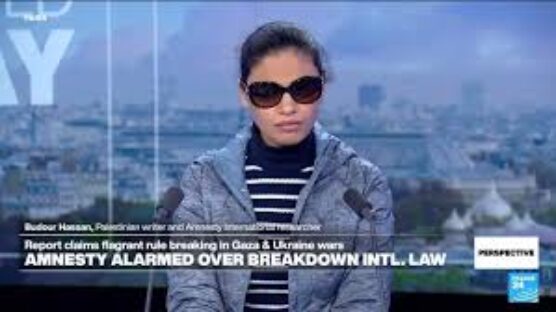
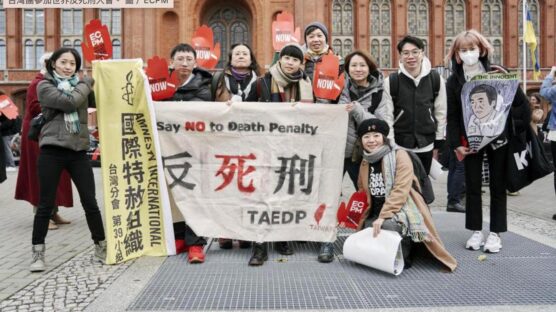
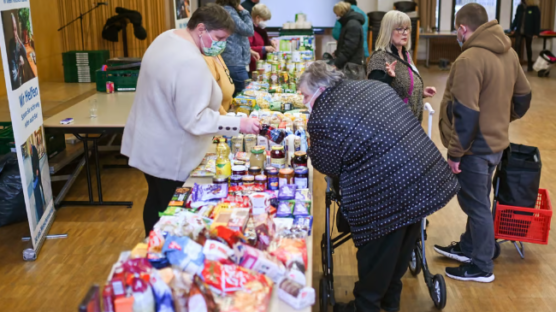
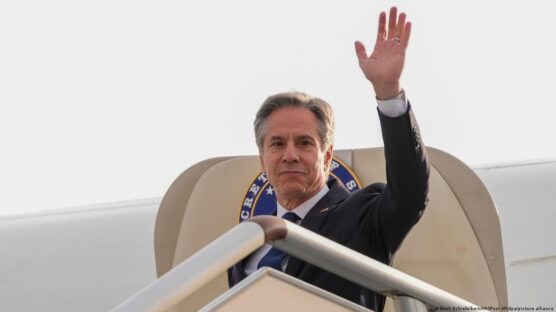
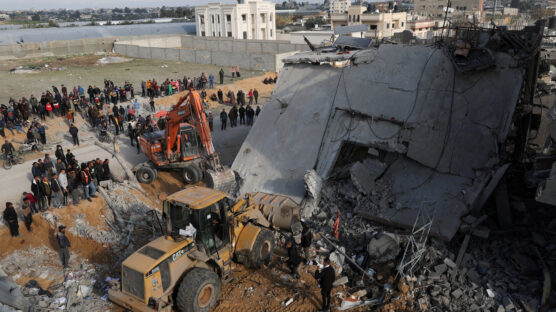
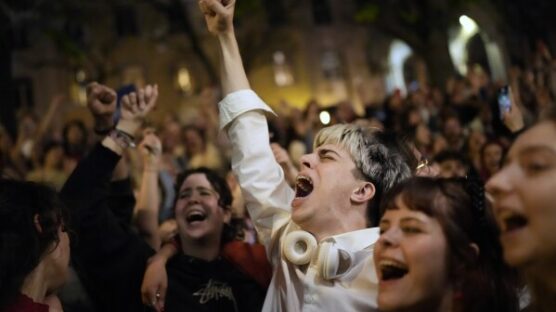




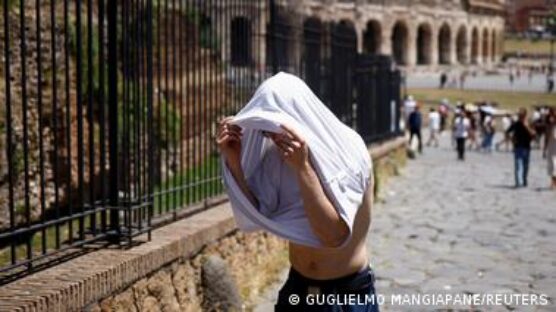
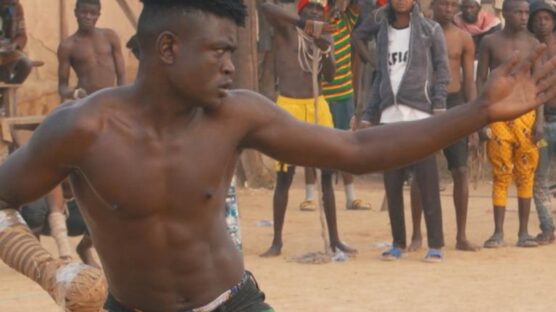
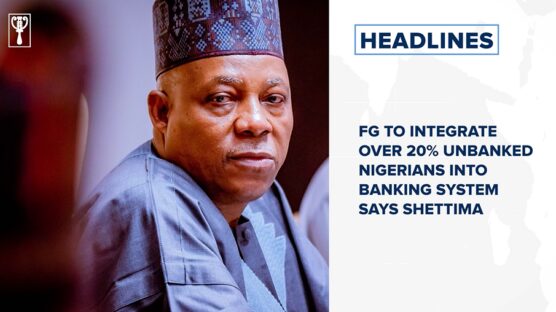
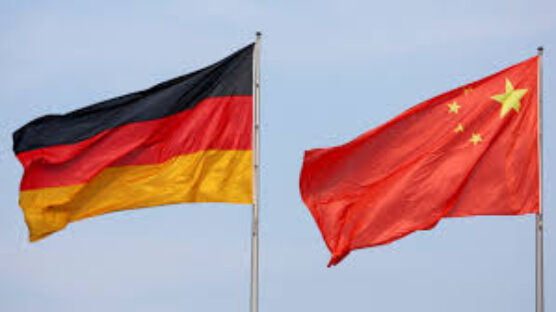
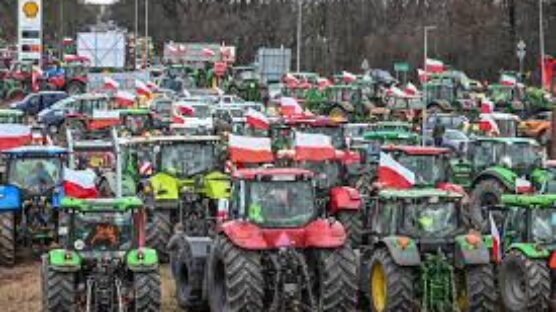
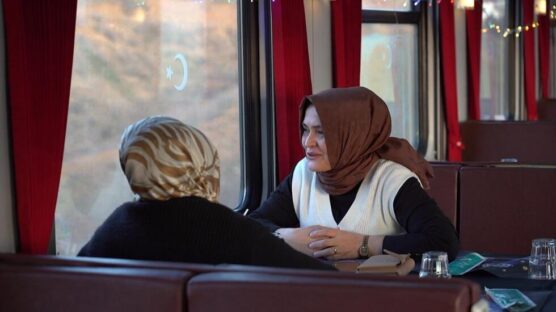
0 Comments
We will review and take appropriate action.